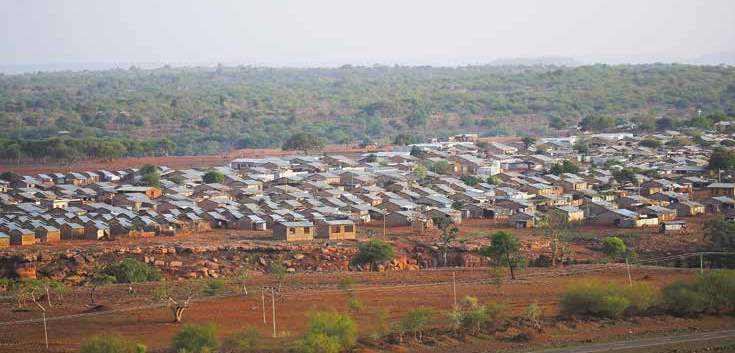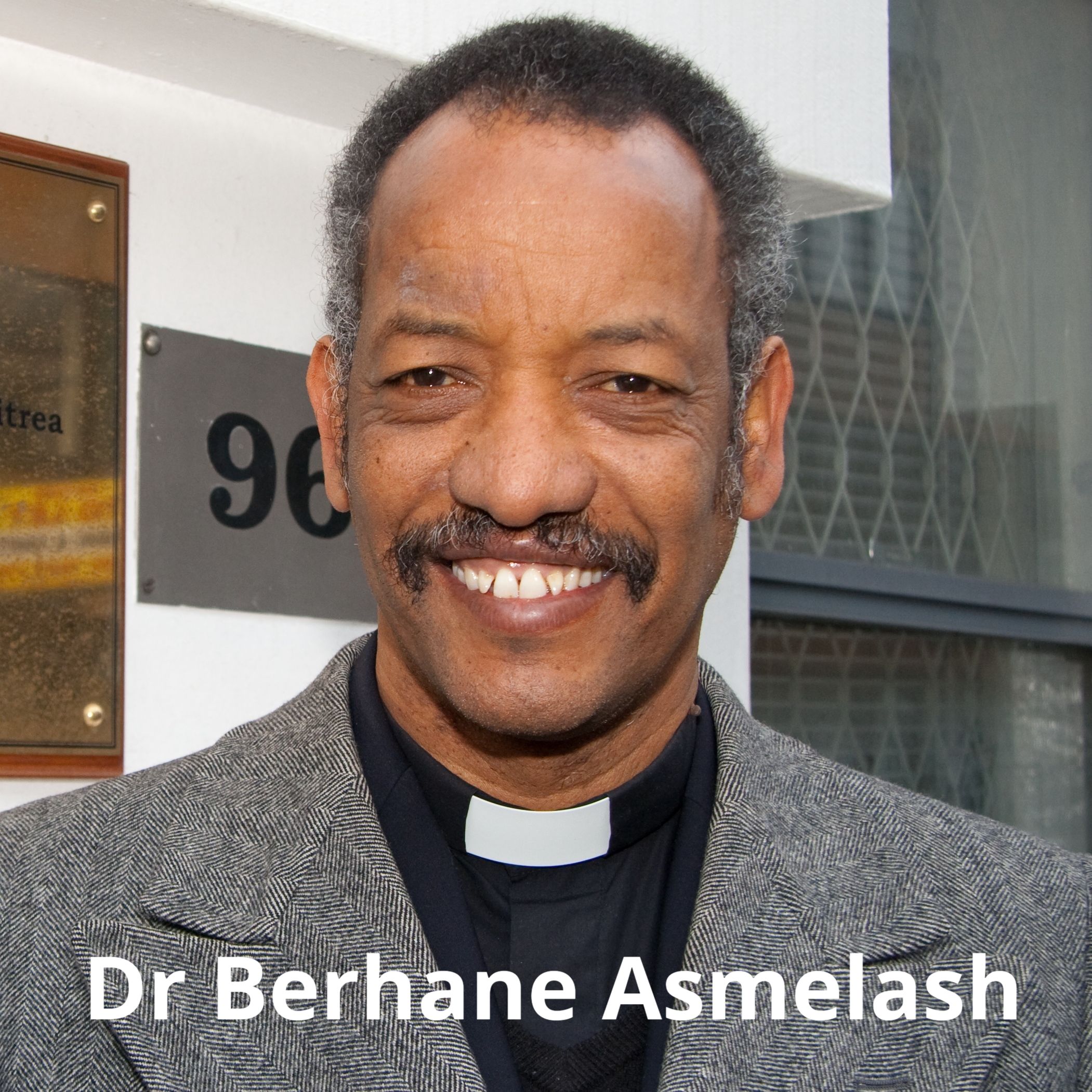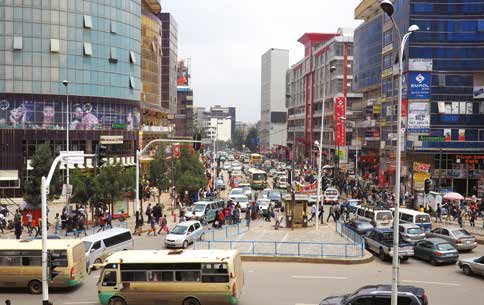
Thousands of persecuted Christians from Eritrea –who were previously settled in refugee camps in northern Ethiopia – have been forcibly displaced by the conflict in Tigray. Your support is making a real difference.
In recent weeks some 30 young girls and women joyfully celebrated their graduation from various vocational training courses in their new home, Ethiopia’s capital Addis Ababa.
There were many smiles on their faces as they received their hard- won certificates – delight at having completed training that will equip them to work and earn a living – but in their hearts many of these Eritrean Christian refugees carry deep pain.
They have known the trauma of leaving behind family and all that they held dear in Eritrea, crossing into a new country where the future was uncertain, and then living in a refugee camp sometimes for years not knowing how and when they would ever leave.
Then they had to flee again when the Eritrean army alongside Ethiopian forces attacked their camps in the Tigray area of northern Ethiopia as part of an offensive against rebel fighters last November.
Thankfully many of the Christian refugees managed to escape from the camps in Tigray when the fighting started – although some were taken captive by the Eritrean army.
There are currently around 400 Christian refugee households in the Ethiopian capital Addis Ababa. Mostly young women and children, they receive training in skills such as cooking, accounting, tailoring and beauty care for 3-6 months, all of which is funded by Release – thanks to your generous support. So far over 150 people have been trained – a fantastic achievement by our partner.
The situation in Tigray itself continues to threaten the lives of Christian refugees supported by Release who live in four UN camps near the border with Eritrea.
In July our partner reported that one camp was at severe risk – and running desperately short of food and other supplies. A bridge across the river to the north that could have facilitated escape had been destroyed, to the south the fighting was getting ever closer, while to the east and west there is only uninhabitable terrain.
At the time of writing we received news that the United Nations High Commissioner for Refugees (UNHCR) had managed to get food supplies through to the refugee camp and was trying to relocate inhabitants to a secure place. However, the situation continues to be unstable with food likely to last a few weeks at best.

‘The situation in Ethiopia is getting worse generally,’ Release partner Dr Berhane Asmelash said.
‘Despite being overrun to start with, the Tigrayans retreated to the mountains in June where they regrouped, recruited fighters and trained, and then launched a devastating counterattack which forced the Ethiopian army out of Tigray. They are now in Ethiopia and it’s currently just Ethiopian militia that are fighting the Tigrayan advance as the army has collapsed.’
The Ethiopian Prime Minister, Abiy Ahmed, launched the offensive against the region with support from Eritrea towards the end of last year. Soldiers attacked several UN refugee camps, causing extensive damage, including the camp at Shimelba, where Release has supported Eritrean Christian refugees for many years.
Dr Asmelash said hundreds had been killed – including many Christians from Eritrea.
‘In the remaining areas where the fighting continues tens of thousands are dying’
Others fled to Sudan or Addis Ababa or were taken captive. However, he is confident that most taken prisoner have since been released. There were 25,000 in the camps before the fighting started.
Tigray no longer has any food coming in from outside, so fighters are trying to create safe corridors to Djibouti and Sudan to facilitate the movement of supplies. Inside the region 70 per cent of it is peaceful – but in the remaining areas where the fighting continues tens of thousands are dying. These include local Ethiopian farmers who have been corralled into fighting by the Ethiopian authorities, despite a lack of any military training.

However, Dr Asmelash is quietly optimistic that the fighting will soon come to an end.
Both Eritrea and Ethiopia have been weakened by the conflict – an estimated 34,000 Ethiopian troops have been killed and 8,000 are currently prisoners of war – and as the Ethiopian government is on the brink of collapse it will have to agree to demands for peace by the international community.
In spite of this, there are urgent needs for prayer.
PLEASE PRAY
- That refugees in the camps caught up in the conflict between the opposing forces would get food and other supplies – and ultimately get to a safe location.
- For an end to the fighting in Tigray and for peace for the whole region including Ethiopia.
- That the Ethiopian Prime Minister would permanently unblock access for supplies into Tigray so that refugees can be helped, including those supported by Release.
- For telephone communications in Tigray to be restored so that Release can communicate effectively with contacts in the region.
- That banks will open again so that funds to help refugees can be easily accessed.
Changing lives – thanks to your support
Two sisters Ababa and Selam were displaced from one of the Tigray refugee camps six months ago. Both of them were struggling to support themselves when they joined a hairstyling course run through our partner.
As a result they qualified as professional hairstylists, and have now opened their own hair salon at their house – and are making enough money to support themselves.
Another Eritrean woman, a young single mother, was struggling to earn enough to be able to feed herself and her daughter when she attended another one of the courses.
Three months later she qualified as a beautician and now earns better wages and sends her daughter to school.
‘Before she was doing manual work such as cleaning and washing clothes by hand, which paid little, but now she is getting paid well and the work is less tiring,’ said our partner.
Names have been changed.
The testimony of our Eritrean partner Dr Berhane Asmelash features in a new book, available from Release early next year.
You can download and read more stories from our latest magazine here.
You can signup to receive your FREE copy of Release magazine here.